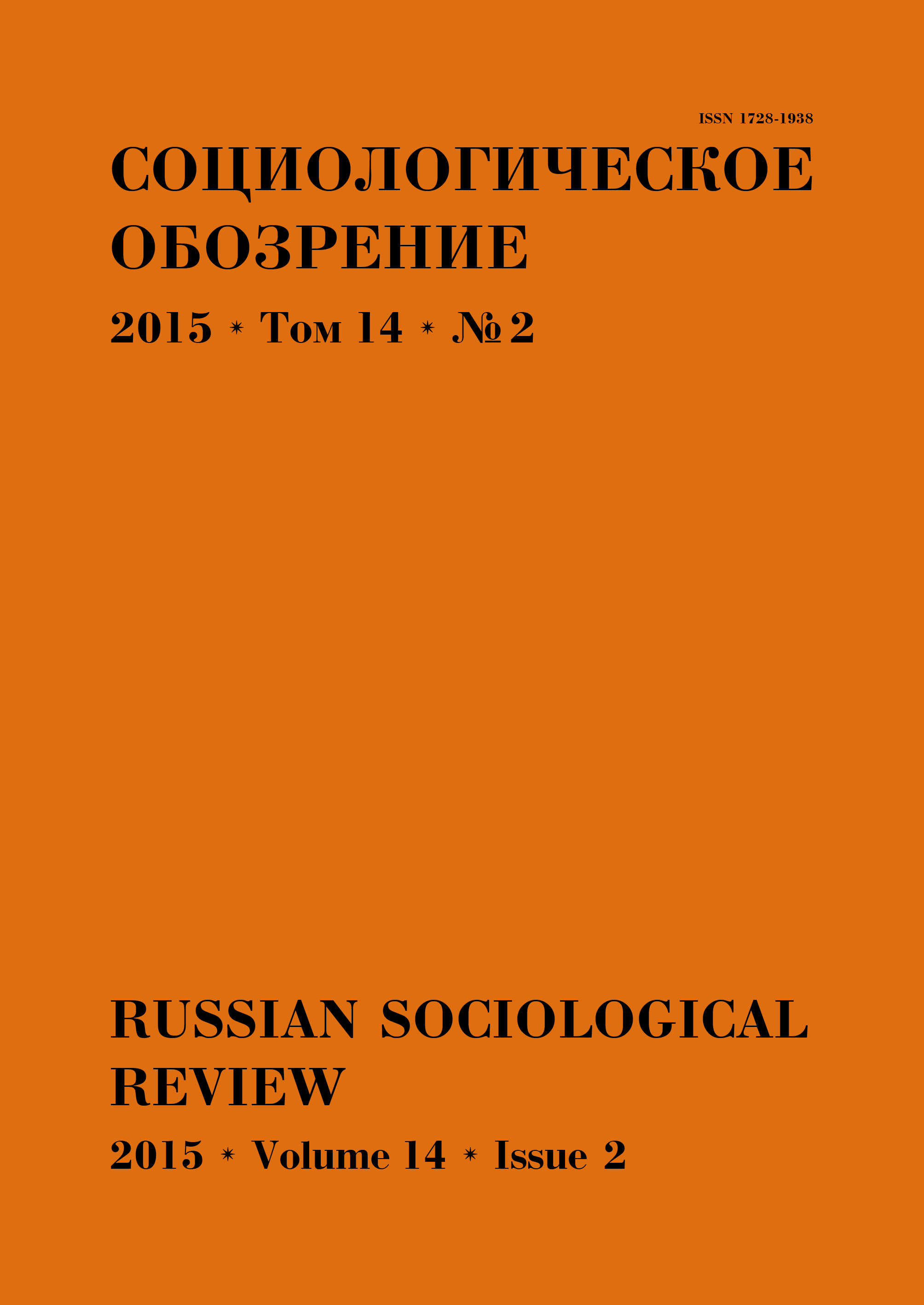The First “Lecture on Political Right” by J. Donoso Cortés
Keywords:
social philosophy, representative government, liberal conservatism, traditionalism, Donoso Cortés, 19th century Spain
Abstract
In the article the basic provisions of the first of ten “Lectures on Political Right” read in Ateneo of Madrid by outstanding Spanish conservative political philosopher of the 19th century Juan Donoso Cortés in 1836–1837s is conceptualized. In this “Lecture” Donoso formulates his own, as he calls it, “the general theory of government” and focuses on “the mission of the representative government,” defending the young Spanish constitutional monarchy, which turned in a vice between two extremes: the liberal bourgeois revolutionary movement (the party of progressists) on the left and clerical absolutist movement (“Carlists”) on the right. In his “Lecture” Donoso opposes two laws: “law of the individual” and “association law,” which in the future should be synthesizes, like Hegel’s opposites, in the “prolific unity.” The “Lecture” contains broad historical generalizations which are an integral feature of Donoso’s philosophical style and can be defined as a philosophy of history. The paper also considers two classic interpretation of the “Lectures” and its arguments proposed by the Spanish political philosophers of the 19–20th centuries, thus solving one of the key question concerning Donoso’s general ideological and value evolution: what type of conservatism he belongs to on the stage of 1836–1837: liberal conservatism or traditionalism?Downloads
Published
2015-06-30
How to Cite
ВасиленкоЮ. (2015). The First “Lecture on Political Right” by J. Donoso Cortés. Russian Sociological Review, 14(2), 23-30. Retrieved from https://cfjournal.hse.ru/index.php/sociologica/article/view/73
Issue
Section
Political Philosophy




